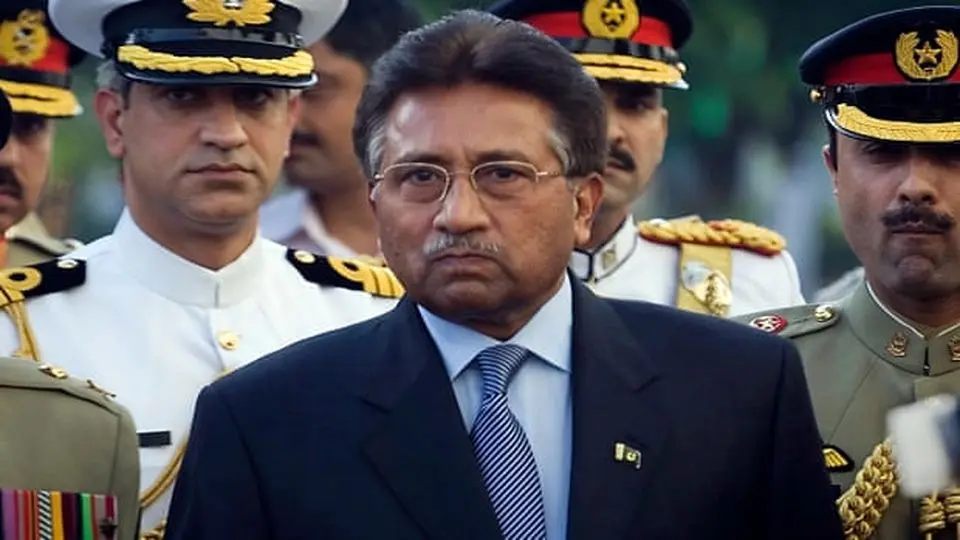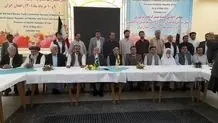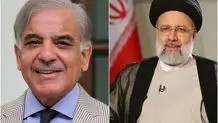Pervez Musharraf’s wish to return to Pakistan reopens debate about his rule
The exile who once led a military dictatorship is in hospital and a spokesperson has said his wish to come home should be granted.

THE GUARDIAN: The exile who once led a military dictatorship is in hospital and a spokesperson has said his wish to come home should be granted.
The possible return to Pakistan of its former president Pervez Musharraf for the first time since he left the country in 2016 has reopened a bitter debate about the military dictatorship he led for more than a decade.
Musharraf came to power in a coup in 1999 that toppled Nawaz Sharif’s government, and went on to hold the presidency from 2001 to 2008, when he resigned to avoid impeachment. Since then he has spent most of his time in self-imposed exile in the UK and the Middle East.
The 78-year-old is suffering from amyloidosis, a rare disease that occurs when an abnormal protein builds up in organs and interferes with normal functions. He has been in hospital in the UAE for the past few weeks and his family say he is not expected to make a recovery. Local media reported that he has expressed a desire to spend the “rest of his life” in his home country, and on Tuesday a military spokesperson said this wish should granted.
Raza Rabbani, a former chairman of the senate, said he was strongly against allowing the ailing former president to return, describing the Musharraf era as “a saga of oppression in Pakistan’.
Rabbani told the Guardian that Musharraf had left a trail of institutions weakened by his attempts to “rewrite civil-military relations in favour of the military”. He also accused him of overseeing political murders and of “selling and bartering away Pakistanis to America and capitulating Pakistan’s interests [to the US] after 9/11”.
Musharraf once infamously said in an interview: “I think the constitution is just a piece of paper to be thrown in the dustbin.”
During his rule, Sharif and another former prime minister, Benazir Bhutto, were barred from contesting elections and went into exile. Bhutto returned to Pakistan amid death threats in 2007. She claimed she had faced threats from Musharraf. Soon after her return, Bhutto was assassinated in Rawalpindi.
Musharraf returned from self-imposed exile in March 2013 in a disastrous bid to contest a seat in that year’s general elections. High-treason legal proceedings against him began in 2014, but in 2016, Musharraf was allowed to leave the country on medical grounds —a move that was widely interpreted as a sign of the government surrendering to the military establishment.
Harris Khalique, the secretary general of the Human Rights Commission of Pakistan, said Musharraf had encouraged the 11 May riots in Karachi in 2007, in which 48 people died. He also accused Musharraf of encouraging the enforced disappearances of political dissenters and of unleashing an insurgency in Balochistan when he launched a military operation in the province.
Musharraf’s defenders say that private media made progress under his rule, but the journalist Hamid Mir said the introduction of private media actually happened under Bhutto.
“What Musharraf did instead was to introduce systematic censorship,” said Mir. “All private channels were blocked by the military regime in November 2007 for covering restoration of the judiciary movement.”
Aasim Sajjad Akhtar, an author and political worker, said Musharraf earned “bounties” from Washington by acceding to the so-called “war on terror”. Musharraf allowed drone attacks on former tribal areas and provided safe haven to certain factions of the Afghan Taliban.
“Like all dictators before him, Musharraf was booted from power unceremoniously, and his family’s desperate attempts to bring him back to Pakistan on his deathbed are a sorry indictment of both the military establishment’s overarching power, and its refusal to relinquish it,” Akhtar said.
In 2019, Musharraf was found guilty of treason for suspending the constitution and imposing emergency rule in 2007. He was sentenced to death. The judgment was later reversed.
Khalique said Musharraf should be allowed to return on humanitarian grounds, but also that Pakistan should establish a truth and reconciliation commission to mark 75 years of independence in August.
“Set the historic record straight, move forward, and focus on the wrongs of both despotic civilian leaders and dictators since Ayub Khan. A stocktaking of the last 75 years,” he said.
آخرین اخبار World را از طریق این لینک پیگیری کنید.




